Find Help
More Items From Ergsy search
-
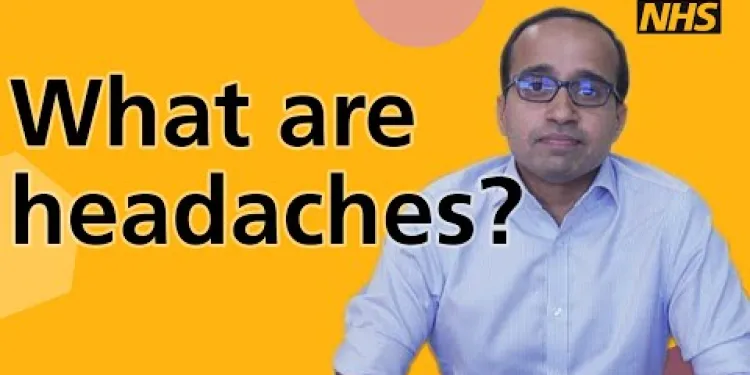
What are headaches?
Relevance: 100%
-
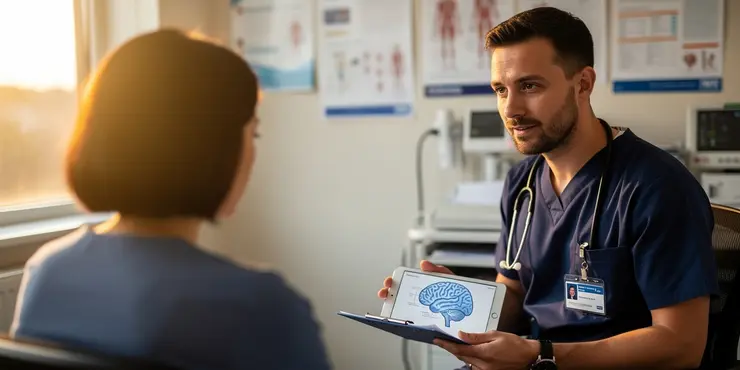
Is headache a symptom of a concussion?
Relevance: 93%
-
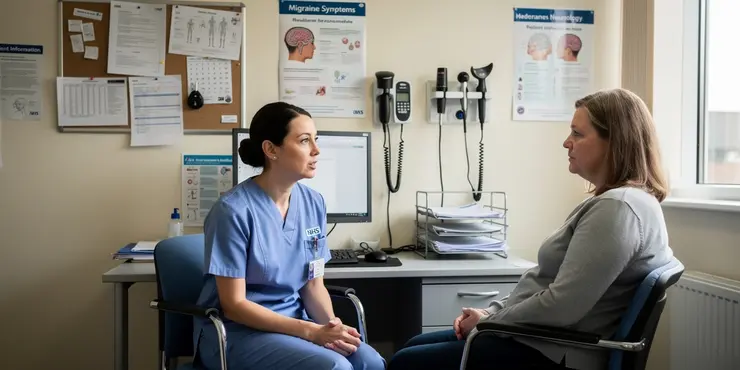
What are migraines and cluster headaches?
Relevance: 88%
-
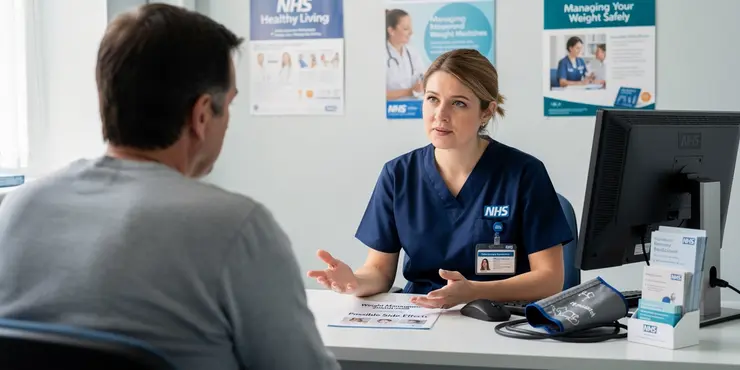
Are headaches a common side effect of weight loss medications?
Relevance: 78%
-
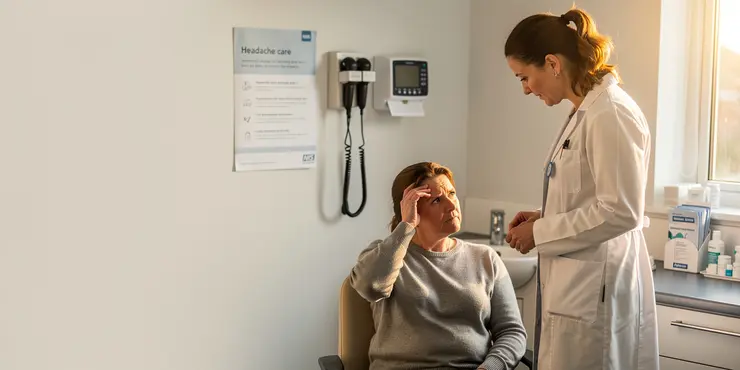
Which one is better for headaches: Aspirin or Paracetamol?
Relevance: 76%
-
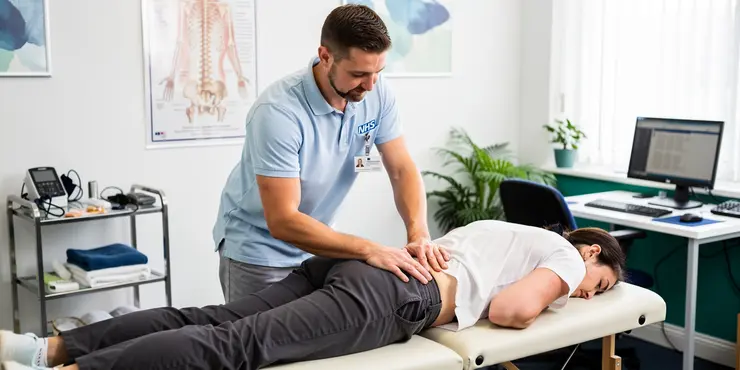
Can chiropractors help with headaches?
Relevance: 71%
-
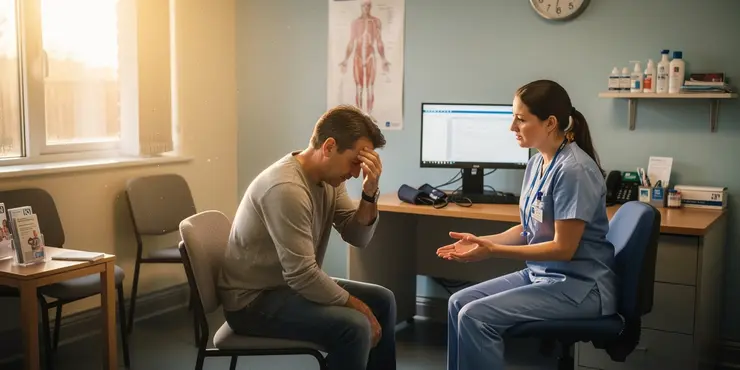
Migraine | NHS
Relevance: 27%
-
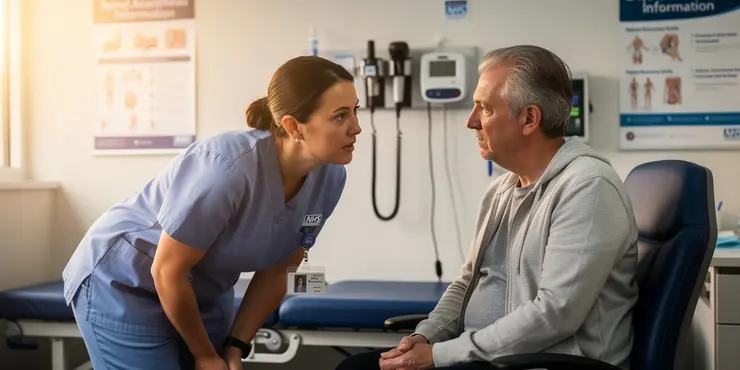
What are the common side effects of spinal anaesthesia?
Relevance: 27%
-
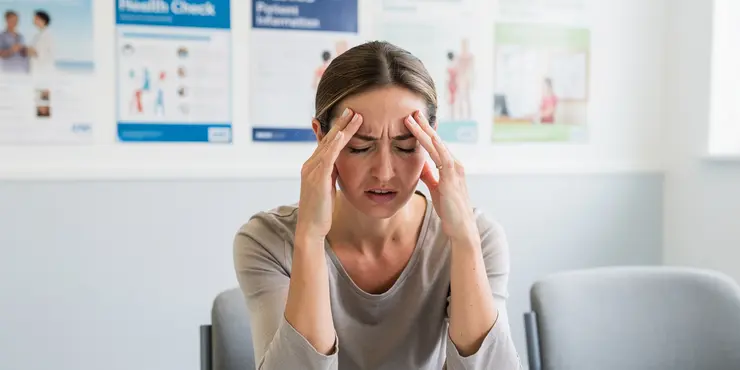
Migraine
Relevance: 26%
-
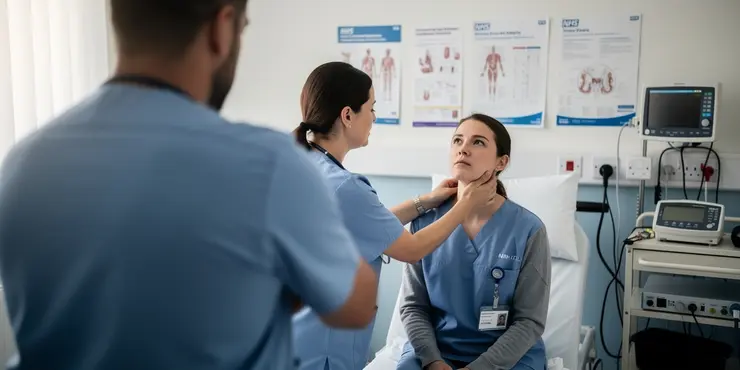
What are common symptoms of meningitis?
Relevance: 26%
-
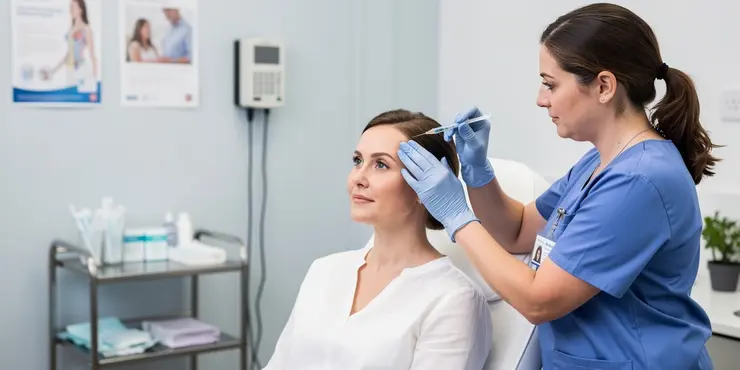
Can Botox be used for migraines?
Relevance: 24%
-
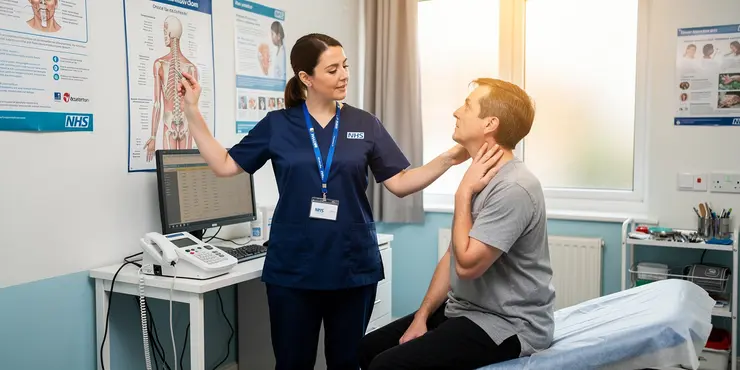
What are the symptoms of whiplash?
Relevance: 24%
-
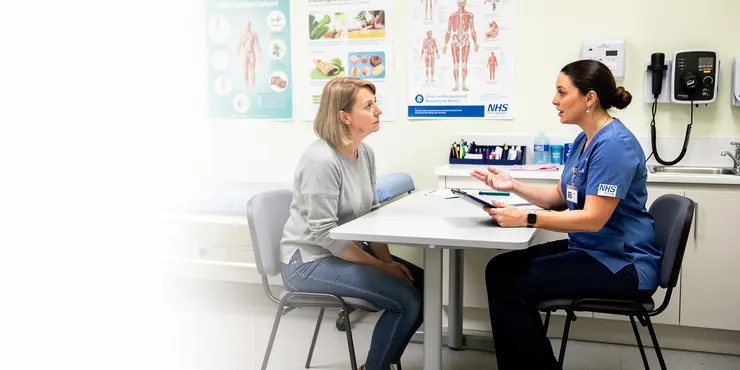
What are the symptoms of West Nile Virus?
Relevance: 24%
-
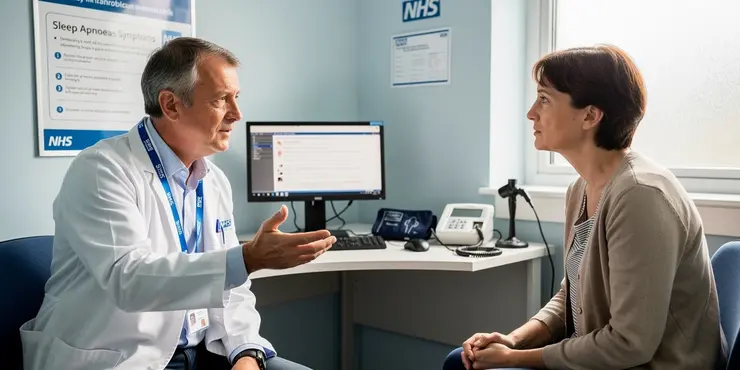
What are common symptoms of sleep apnea?
Relevance: 23%
-
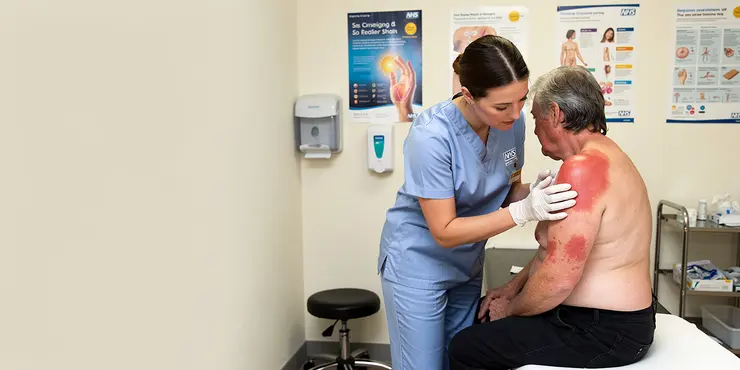
What are the symptoms of sunburn?
Relevance: 23%
-
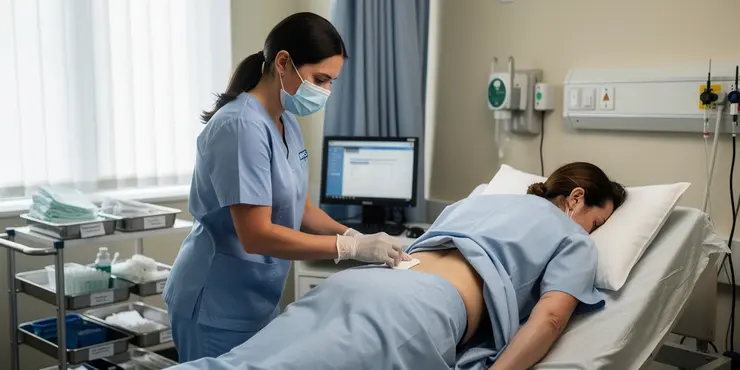
What is a lumbar puncture?
Relevance: 23%
-
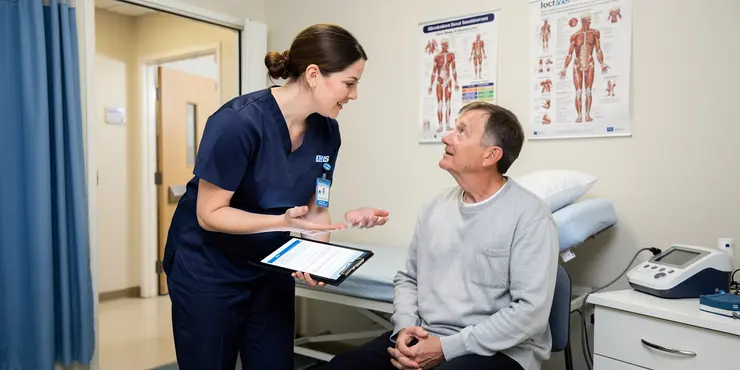
What are the symptoms of Zika virus?
Relevance: 23%
-
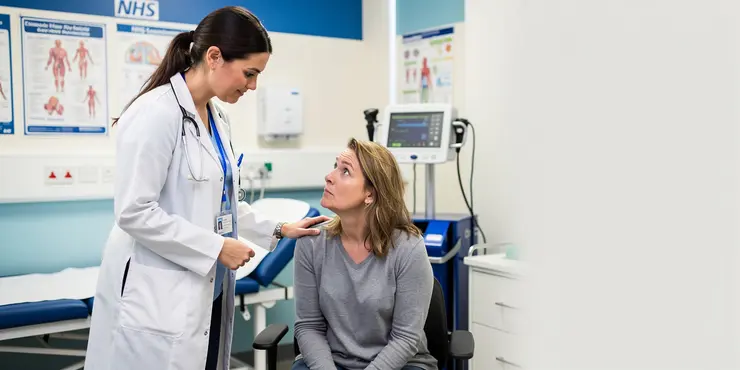
What are common symptoms of Lyme disease?
Relevance: 22%
-
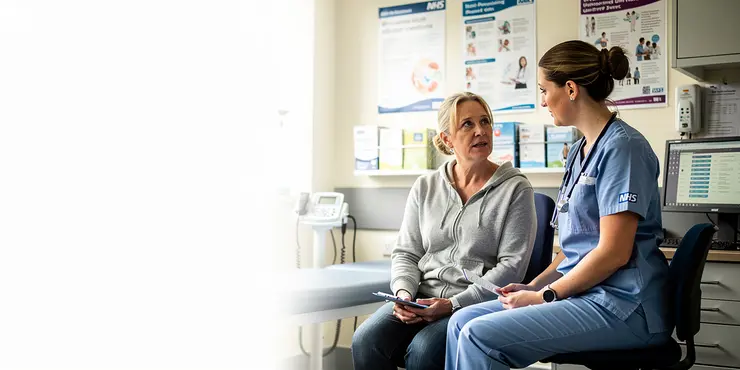
What symptoms should I watch for if I suspect a mosquito-borne disease?
Relevance: 22%
-
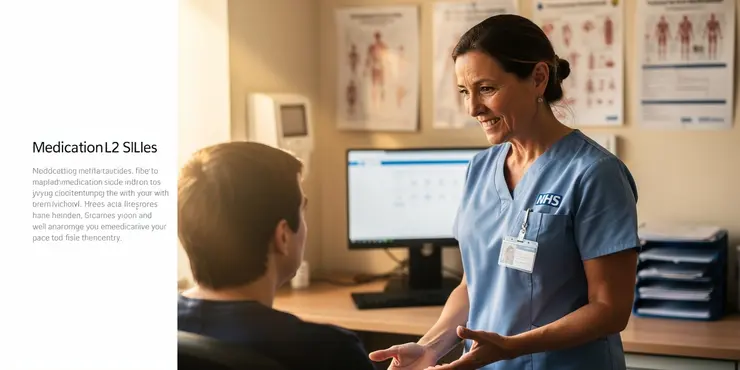
What are common side effects of Baxdrostat?
Relevance: 22%
-
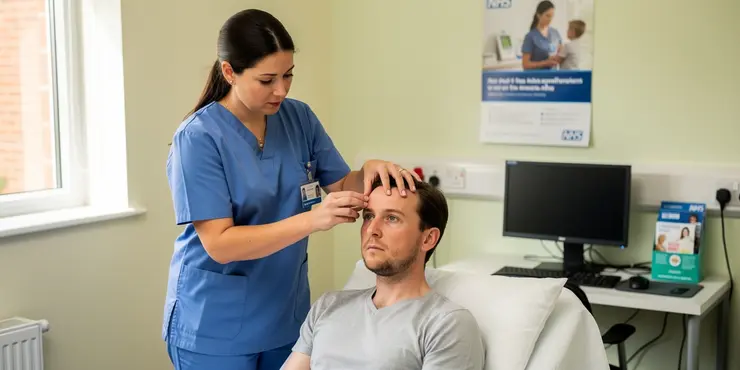
What immediate steps should be taken if someone has a concussion?
Relevance: 21%
-
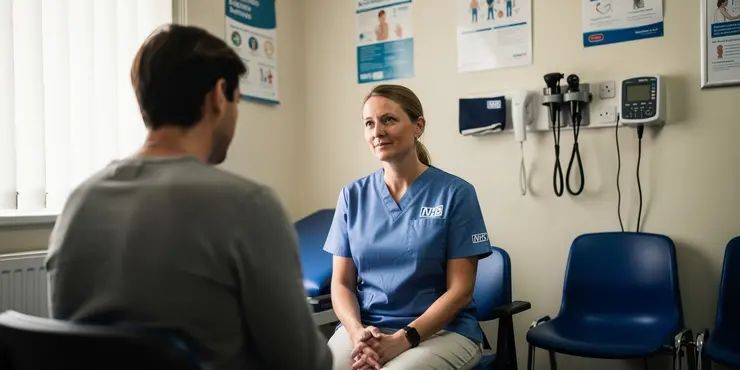
What are common symptoms of a concussion?
Relevance: 21%
-
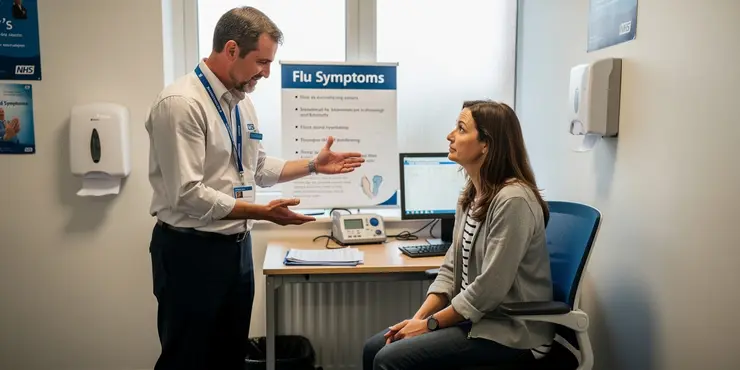
What are the symptoms of flu ?
Relevance: 21%
-
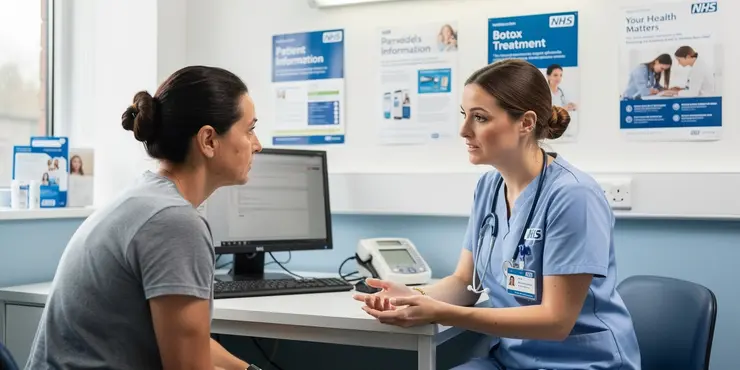
What should I do if I experience side effects after a Botox injection?
Relevance: 21%
-
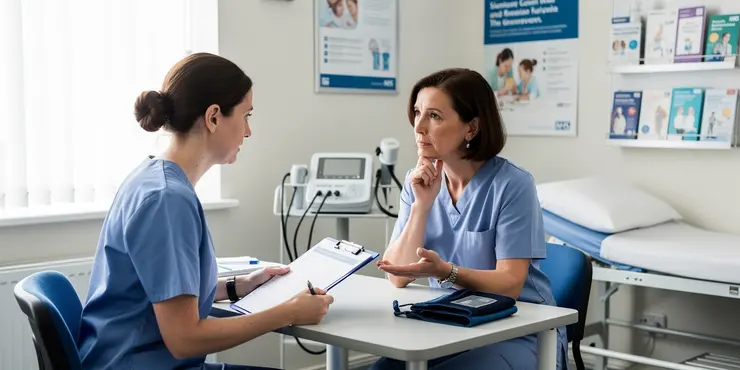
What is the difference between Aspirin, Paracetamol, and Ibuprofen?
Relevance: 20%
-

What are the signs of heat exhaustion?
Relevance: 20%
-
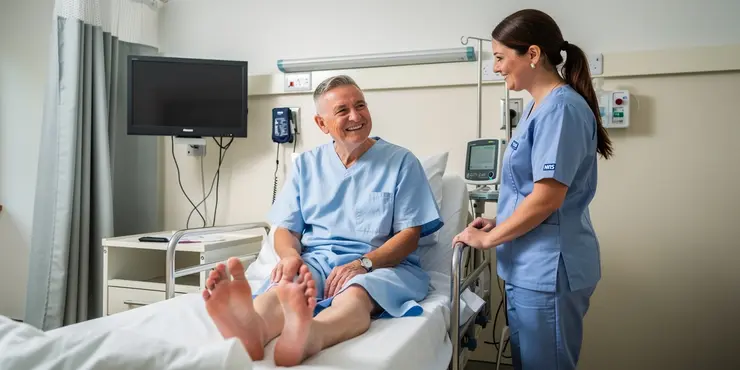
What should I expect after the spinal anaesthesia wears off?
Relevance: 20%
-
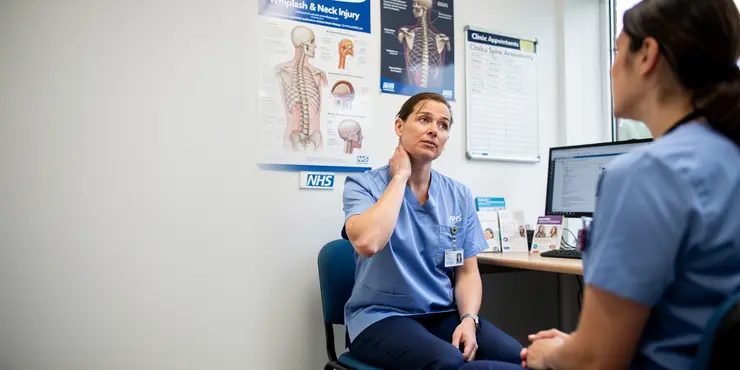
Is whiplash a serious injury?
Relevance: 20%
-
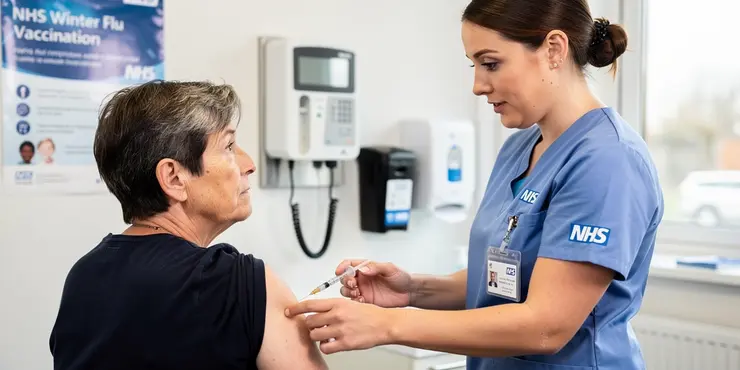
Are there any side effects of the winter flu jab?
Relevance: 20%
-
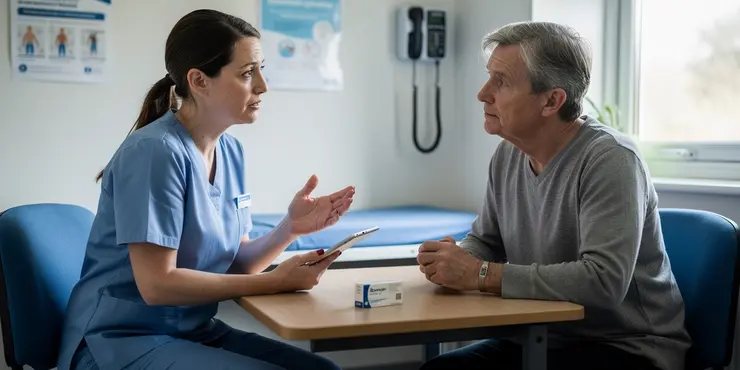
What are the side effects of Ibuprofen?
Relevance: 19%
-
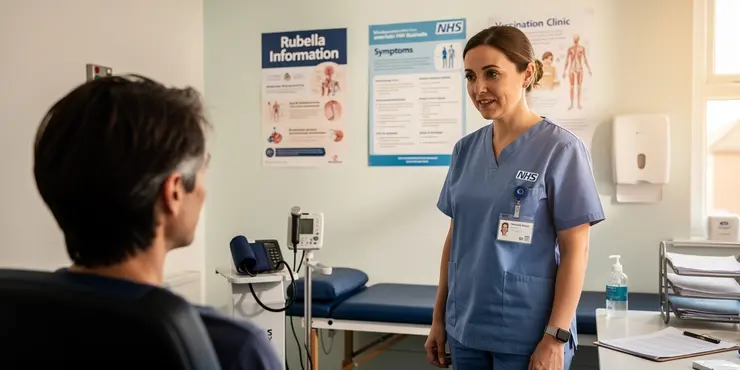
What are the symptoms of Rubella?
Relevance: 19%
-
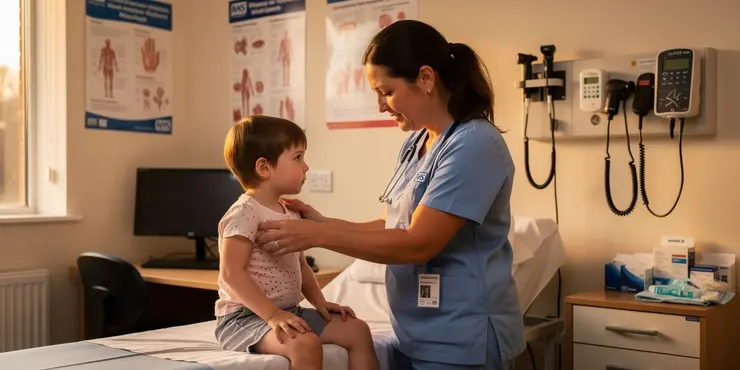
What are the symptoms of chickenpox?
Relevance: 19%
-

Migraine
Relevance: 19%
-
Can health-related anxiety cause physical symptoms?
Relevance: 19%
-
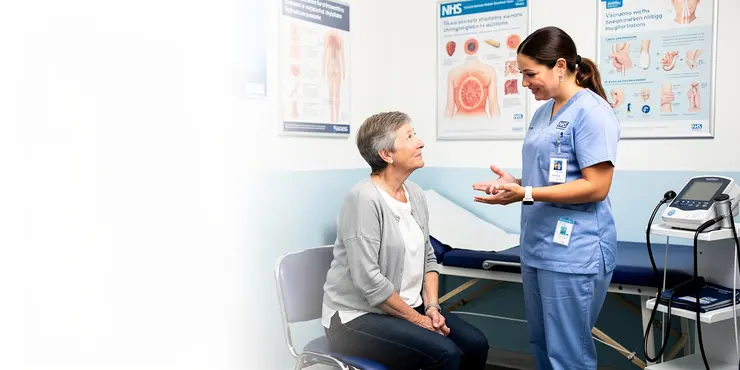
What are the symptoms of shingles?
Relevance: 19%
-
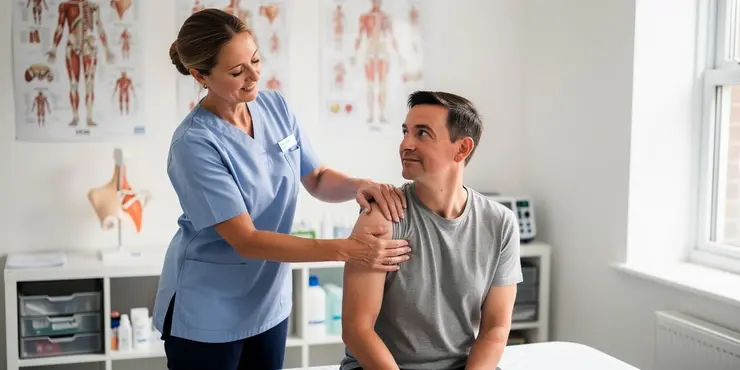
Do chiropractors only treat the spine?
Relevance: 19%
-
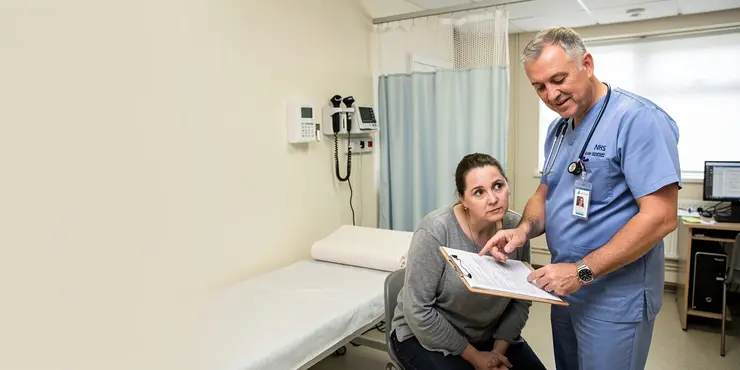
What are the symptoms of the bubonic plague?
Relevance: 19%
-
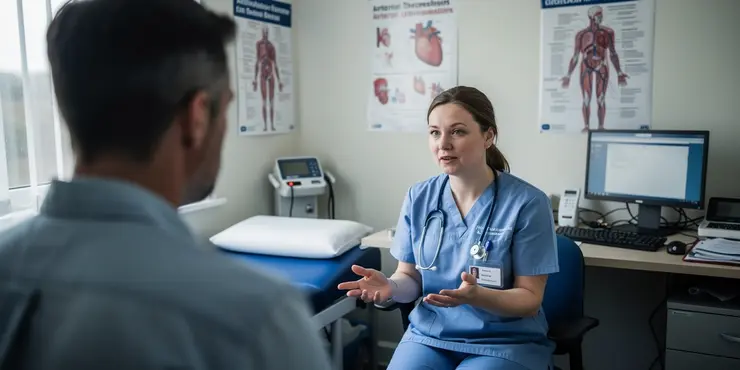
What are the symptoms of arterial thrombosis?
Relevance: 19%
-
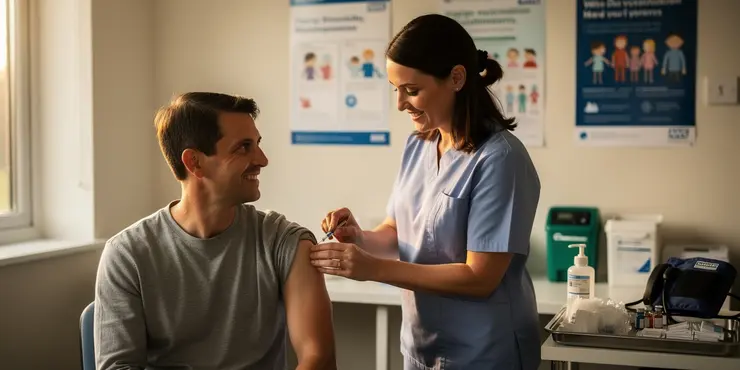
What are the common side effects of vaccines?
Relevance: 19%
-
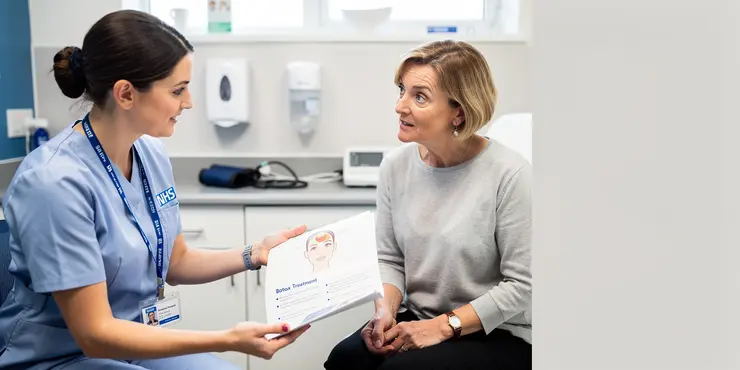
What are the side effects of Botox?
Relevance: 18%
What are Headaches?
Introduction to Headaches
Headaches are a common medical condition characterised by pain or discomfort in the head or neck region. While almost everyone will experience a headache at some point, the intensity, duration, and frequency can vary widely. In the United Kingdom, headaches are one of the most prevalent reasons for medical consultations, affecting people of all ages.
Types of Headaches
There are primarily three types of headaches: tension-type headaches, migraines, and cluster headaches. Tension-type headaches are the most common and are characterised by a constant aching or pressure around the head, especially at the temples or back of the head and neck. Migraines are less common but usually more severe, often accompanied by symptoms such as nausea, vomiting, and sensitivity to light and sound. Cluster headaches are rare but extremely painful, occurring in groups or clusters, often around one eye or one side of the head.
Causes of Headaches
Headaches can be triggered by numerous factors. Common triggers include stress, poor posture, lack of sleep, dehydration, and dietary choices, such as caffeine or alcohol consumption. In some cases, underlying medical conditions such as sinus infections, high blood pressure, or hormonal changes can also cause headaches. It's crucial to understand your personal triggers to manage and prevent headaches effectively.
Treatment and Management
Treatment for headaches can vary based on the type and cause. Over-the-counter medications like paracetamol or ibuprofen can often relieve the pain for tension-type headaches. For migraines, specific medications such as triptans might be prescribed by a healthcare professional. Additionally, lifestyle changes such as regular exercise, a balanced diet, adequate hydration, and stress management techniques can help reduce the frequency and severity of headaches. In the UK, the NHS provides numerous resources and guidelines for managing headaches, including headache diaries to track triggers and symptoms.
When to See a Doctor
While most headaches are benign and manageable with self-care, certain symptoms may necessitate medical attention. Seek professional advice if you experience very frequent or severe headaches, a sudden severe headache unlike any previous ones, headaches accompanied by fever, stiff neck, confusion, or visual disturbances. These could indicate a more serious condition that requires prompt medical treatment.
In conclusion, headaches are a multifaceted condition with various types, causes, and treatments. Understanding the specific nature of your headaches and making informed lifestyle choices can significantly enhance your quality of life and wellbeing.
What are Headaches?
Introduction to Headaches
A headache means you feel pain in your head or neck. Many people get headaches. Some headaches hurt a little, and some hurt a lot. They can last a short time or a long time. In the UK, lots of people see the doctor because of headaches. People of all ages can get them.
Types of Headaches
There are three main types of headaches: tension headaches, migraines, and cluster headaches. Tension headaches are the most common. They feel like a tight band around your head. Migraines are not as common, but they can hurt more. Migraines often come with feeling sick, throwing up, or being bothered by bright lights or loud sounds. Cluster headaches are rare but very painful. They happen around one eye or one side of your head.
Causes of Headaches
Many things can cause headaches. Stress, not sitting up straight, not enough sleep, and not drinking enough water can be triggers. Some food and drinks like coffee or alcohol might cause headaches, too. Sometimes, medical problems like sinus infections or high blood pressure can cause headaches. Knowing your triggers can help you avoid headaches.
Treatment and Management
How you treat a headache depends on the type you have. For tension headaches, you can take medicine like paracetamol or ibuprofen. For migraines, a doctor might give you special medicine. To help stop headaches, you can exercise, eat a healthy diet, drink enough water, and find ways to handle stress. In the UK, the NHS has tools to help manage headaches, like keeping a diary of what might trigger them.
When to See a Doctor
Most headaches are not serious and can be cared for at home. But if you have headaches very often, if they are very painful, or if they suddenly feel different, go see a doctor. Also, if you have headaches with a fever, stiff neck, confusion, or trouble seeing, you should get medical help. These might be signs of something serious.
In short, headaches can happen in different ways and for different reasons. Knowing what causes your headaches and making good choices in your lifestyle can help you feel better.
Frequently Asked Questions
What are the common types of headaches?
The common types of headaches include tension headaches, migraines, cluster headaches, and sinus headaches.
What causes tension headaches?
Tension headaches are often caused by stress, poor posture, eye strain, and lack of sleep.
How can I tell if my headache is a migraine?
Migraines often involve throbbing pain on one side of the head, sensitivity to light and sound, nausea, and sometimes aura (visual disturbances).
What are some triggers for migraines?
Migraines can be triggered by hormonal changes, certain foods and drinks, stress, lack of sleep, and sensory stimuli.
What is a cluster headache?
Cluster headaches are severe headaches that occur in cyclical patterns or ‘clusters’ and often involve intense pain around one eye.
When should I see a doctor for my headaches?
You should see a doctor if you have frequent headaches, if the headaches are very severe, or if they are accompanied by symptoms such as confusion, fever, vision problems, or stiff neck.
Can dehydration cause headaches?
Yes, dehydration is a common cause of headaches. It is important to drink plenty of fluids to prevent dehydration.
How are headaches treated?
Treatment depends on the type of headache but may include over-the-counter pain relief, prescription medications, lifestyle changes, and alternative therapies.
Are there any lifestyle changes that can help prevent headaches?
Maintaining a regular sleep schedule, eating a healthy diet, managing stress, staying hydrated, and avoiding known triggers can help prevent headaches.
What over-the-counter medications are effective for headaches?
Common over-the-counter medications for headaches include paracetamol, ibuprofen, and aspirin.
Can certain foods cause headaches?
Yes, certain foods like chocolate, caffeine, alcohol, and foods with high levels of additives can trigger headaches in some people.
Is it possible for headaches to indicate a more serious condition?
While most headaches are not serious, they can sometimes indicate conditions like meningitis, brain injury, or stroke, especially if accompanied by other severe symptoms.
Can regular exercise help prevent headaches?
Yes, regular exercise can reduce stress and improve overall health, which may help prevent headaches.
What is a sinus headache?
A sinus headache is caused by inflammation or pressure in the sinus cavities and often involves pain around the forehead, eyes, and cheeks.
Are there any home remedies for relieving headaches?
Home remedies for headaches include resting in a dark, quiet room, applying a cold or warm compress to the head, staying hydrated, and practicing relaxation techniques.
What are the common types of headaches?
Here are some kinds of headaches people often get:
- Tension headache: This feels like a tight band around your head.
- Migraine: This is a strong headache that can make you feel sick and see flashing lights.
- Cluster headache: This is a really bad headache that comes in bursts.
If you have headaches, you can:
- Rest in a quiet, dark room.
- Use a cold cloth on your head.
- Drink some water.
- Read more about headaches here.
If your headaches don't go away, talk to a doctor.
There are different kinds of headaches. These include tension headaches, migraines, cluster headaches, and sinus headaches.
Why do we get tension headaches?
Tension headaches are usually caused by things like stress, sitting or standing badly, looking at screens for too long, and not getting enough sleep.
How do I know if my headache is a migraine?
Migraines can cause a strong, pounding headache on one side of the head. You might feel sick and be bothered by bright lights and loud noises. Sometimes, you might also see flashing lights or zigzag lines (this is called an aura).
What can cause migraines?
Migraines are bad headaches. Here are some things that might cause them:
- Bright lights or loud sounds
- Not enough sleep
- Missing meals (not eating)
- Stress or worries
- Strong smells
If you get migraines, try to notice if these things happen before your headache. This can help you avoid them next time.
Using a journal to write down when you get migraines can help. You can also use apps that track headaches. They can remind you what might cause your migraines.
Migraines can start because of changes in hormones. They can also be caused by certain foods and drinks, feeling stressed, not getting enough sleep, or strong lights and sounds.
What is a cluster headache?
A cluster headache is a really strong headache that comes in groups. It can hurt a lot around one eye or on one side of the head.
If you have cluster headaches, it's important to talk to a doctor. They can give you medicine to help.
Some things that can help are sitting in a quiet, dark room and relaxing. Using a cold pack on your head might help too.
Ask someone you trust to help you if you need it.
Cluster headaches are really bad headaches. They happen in groups or ‘clusters’. They can make one eye hurt a lot.
When should I see a doctor for my headaches?
Headaches can hurt a lot. Sometimes, you might need to see a doctor. Go to the doctor if:
- Your headache is very bad.
- You get headaches often.
- You have trouble seeing, talking, or moving.
- You feel sick and throw up.
- The headache started after an injury.
If you are unsure, ask an adult or someone you trust for help.
Using a calendar to track your headaches can help. Write down when your headaches happen and how they feel. This can help the doctor know what is going on.
Go to the doctor if you get lots of headaches. Also, see the doctor if your head hurts a lot, or if you feel confused, have a fever, have trouble seeing, or your neck feels stiff.
Here are some things that can help:
- Use an app or device to remind you about doctor visits.
- Ask someone you trust to help you make the appointment.
- Write down your symptoms to show the doctor.
Can not drinking enough water give you a headache?
Yes, not drinking enough water can give you a headache. Make sure to drink lots of water so you don't get too thirsty.
How do you make a headache feel better?
A headache is when your head hurts. This can be from stress, noise, or being sick.
Here are some ways to help a headache:
- Take a rest in a quiet, dark room.
- Drink water or a warm drink.
- Put a cold, wet cloth on your head.
- Take medicine if a grown-up says it is okay.
It can also help to close your eyes and breathe slowly.
If you have a lot of headaches, ask a doctor for advice.
How we treat headaches depends on the kind of headache. You might use medicine you can buy at the store, like painkillers. Sometimes, the doctor might give you special medicine. You can also try changing some things you do every day, or try other ways to feel better.
Can changing the way you live help stop headaches?
To help stop headaches, try to: sleep at the same time every night, eat healthy food, drink lots of water, stay calm, and stay away from things that give you headaches.
What medicines can I buy for headaches?
If you have a headache, you can use medicine that you can buy in a shop. These include paracetamol, ibuprofen, and aspirin.
Do some foods make your head hurt?
Yes, some foods can give some people headaches. These include chocolate, caffeine, alcohol, and foods with lots of additives.
Can headaches be a sign of a serious problem?
Sometimes, a headache can mean something more serious is happening in your body.
If you have very bad headaches or they don't go away, tell a doctor.
Using simple language or asking someone to help you understand can be useful.
Most headaches are not a big problem. But sometimes, they can be a sign of something serious. It might be an illness like meningitis, a brain injury, or a stroke. If you also have other bad symptoms, see a doctor.
Does exercising often stop headaches?
Exercise often can help lower stress and make you feel healthier. This can stop headaches from happening.
What is a sinus headache?
A sinus headache is when your head hurts because your sinuses are swollen or blocked. Sinuses are spaces behind your nose and eyes.
If you have a sinus headache, you might feel pain in your face, around your eyes, and in your forehead.
Tools to help:
- Ask someone to read this to you.
- Use a picture dictionary to learn new words.
- Look at pictures of sinuses to understand better.
A sinus headache is when the spaces in your head, called sinuses, get swollen or have too much pressure. This can make your forehead, eyes, and cheeks hurt.
Can I feel better at home when I have a headache?
If you have a headache, try these simple things:
- Rest in a dark and quiet room.
- Put a cold or warm cloth on your head.
- Drink lots of water.
- Do some deep breathing or relaxing exercises.
Useful Links
This website offers general information and is not a substitute for professional advice.
Always seek guidance from qualified professionals.
If you have any medical concerns or need urgent help, contact a healthcare professional or emergency services immediately.
Some of this content was generated with AI assistance. We’ve done our best to keep it accurate, helpful, and human-friendly.
- Ergsy carfully checks the information in the videos we provide here.
- Videos shown by Youtube after a video has completed, have NOT been reviewed by ERGSY.
- To view, click the arrow in centre of video.
- Most of the videos you find here will have subtitles and/or closed captions available.
- You may need to turn these on, and choose your preferred language.
- Go to the video you'd like to watch.
- If closed captions (CC) are available, settings will be visible on the bottom right of the video player.
- To turn on Captions, click settings .
- To turn off Captions, click settings again.
More Items From Ergsy search
-

What are headaches?
Relevance: 100%
-

Is headache a symptom of a concussion?
Relevance: 93%
-

What are migraines and cluster headaches?
Relevance: 88%
-

Are headaches a common side effect of weight loss medications?
Relevance: 78%
-

Which one is better for headaches: Aspirin or Paracetamol?
Relevance: 76%
-

Can chiropractors help with headaches?
Relevance: 71%
-

Migraine | NHS
Relevance: 27%
-

What are the common side effects of spinal anaesthesia?
Relevance: 27%
-

Migraine
Relevance: 26%
-

What are common symptoms of meningitis?
Relevance: 26%
-

Can Botox be used for migraines?
Relevance: 24%
-

What are the symptoms of whiplash?
Relevance: 24%
-

What are the symptoms of West Nile Virus?
Relevance: 24%
-

What are common symptoms of sleep apnea?
Relevance: 23%
-

What are the symptoms of sunburn?
Relevance: 23%
-

What is a lumbar puncture?
Relevance: 23%
-

What are the symptoms of Zika virus?
Relevance: 23%
-

What are common symptoms of Lyme disease?
Relevance: 22%
-

What symptoms should I watch for if I suspect a mosquito-borne disease?
Relevance: 22%
-

What are common side effects of Baxdrostat?
Relevance: 22%
-

What immediate steps should be taken if someone has a concussion?
Relevance: 21%
-

What are common symptoms of a concussion?
Relevance: 21%
-

What are the symptoms of flu ?
Relevance: 21%
-

What should I do if I experience side effects after a Botox injection?
Relevance: 21%
-

What is the difference between Aspirin, Paracetamol, and Ibuprofen?
Relevance: 20%
-

What are the signs of heat exhaustion?
Relevance: 20%
-

What should I expect after the spinal anaesthesia wears off?
Relevance: 20%
-

Is whiplash a serious injury?
Relevance: 20%
-

Are there any side effects of the winter flu jab?
Relevance: 20%
-

What are the side effects of Ibuprofen?
Relevance: 19%
-

What are the symptoms of Rubella?
Relevance: 19%
-

What are the symptoms of chickenpox?
Relevance: 19%
-

Migraine
Relevance: 19%
-
Can health-related anxiety cause physical symptoms?
Relevance: 19%
-

What are the symptoms of shingles?
Relevance: 19%
-

Do chiropractors only treat the spine?
Relevance: 19%
-

What are the symptoms of the bubonic plague?
Relevance: 19%
-

What are the symptoms of arterial thrombosis?
Relevance: 19%
-

What are the common side effects of vaccines?
Relevance: 19%
-

What are the side effects of Botox?
Relevance: 18%


